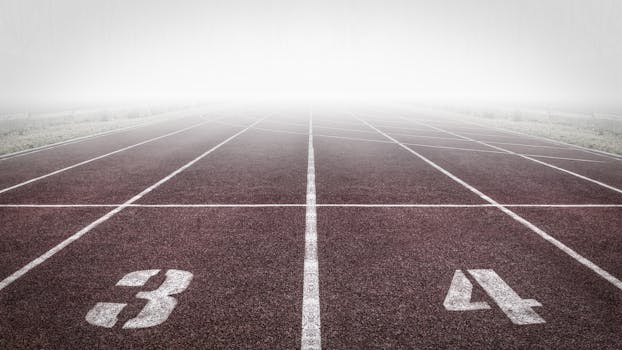
Introduction
Running is a fantastic way to boost your physical health, reduce stress, and improve your overall well-being. However, making running a consistent habit can be challenging. Here are some practical steps you can take to make running a part of your daily routine.
Start Small
Begin with manageable goals. Instead of aiming for long distances right away, start with short runs and gradually increase your distance and pace over time.
Set a Schedule
Consistency is key. Pick specific days and times for your runs and stick to them. Treat your running appointments like important meetings that you cannot miss.
Find Motivation
- Listen to uplifting music or podcasts during your runs.
- Join a running group or find a running buddy.
- Reward yourself after completing your goals.
Track Your Progress
Use a running app or journal to log your runs. Seeing your improvements over time will keep you motivated and help reinforce your habit.
Make It Enjoyable
- Change up your routes to keep things interesting.
- Run in scenic areas or parks.
- Participate in fun runs or local races.
Be Patient
Building a habit takes time. Don’t be discouraged by setbacks. Stay patient and keep focusing on your goals, and eventually, running will become a natural part of your lifestyle.
Comments
Post a Comment